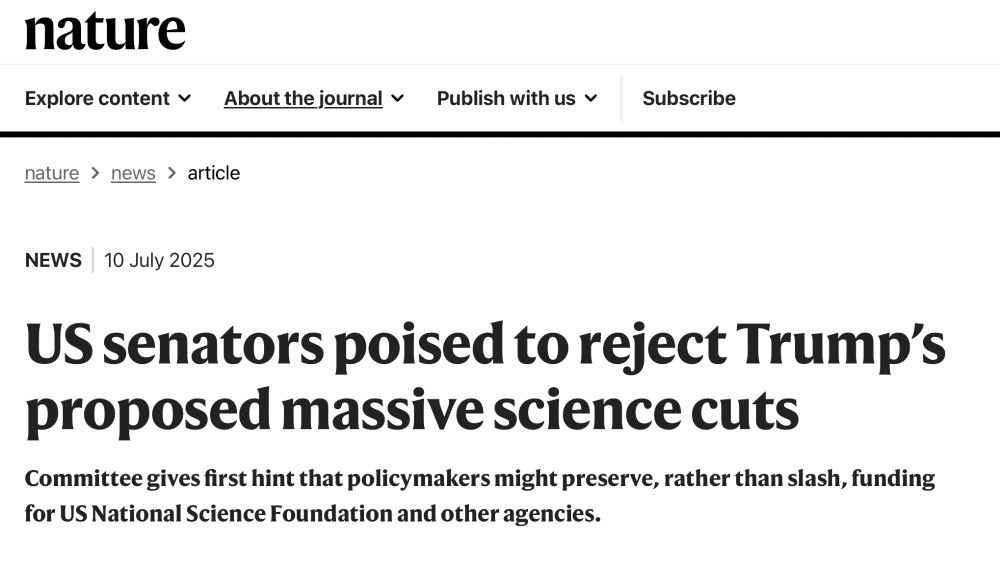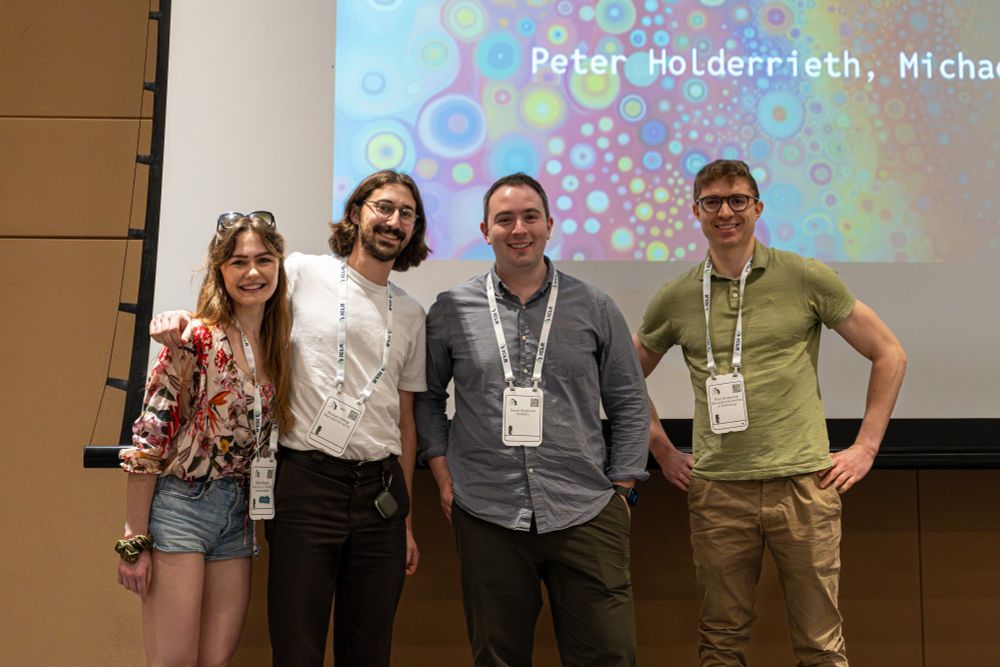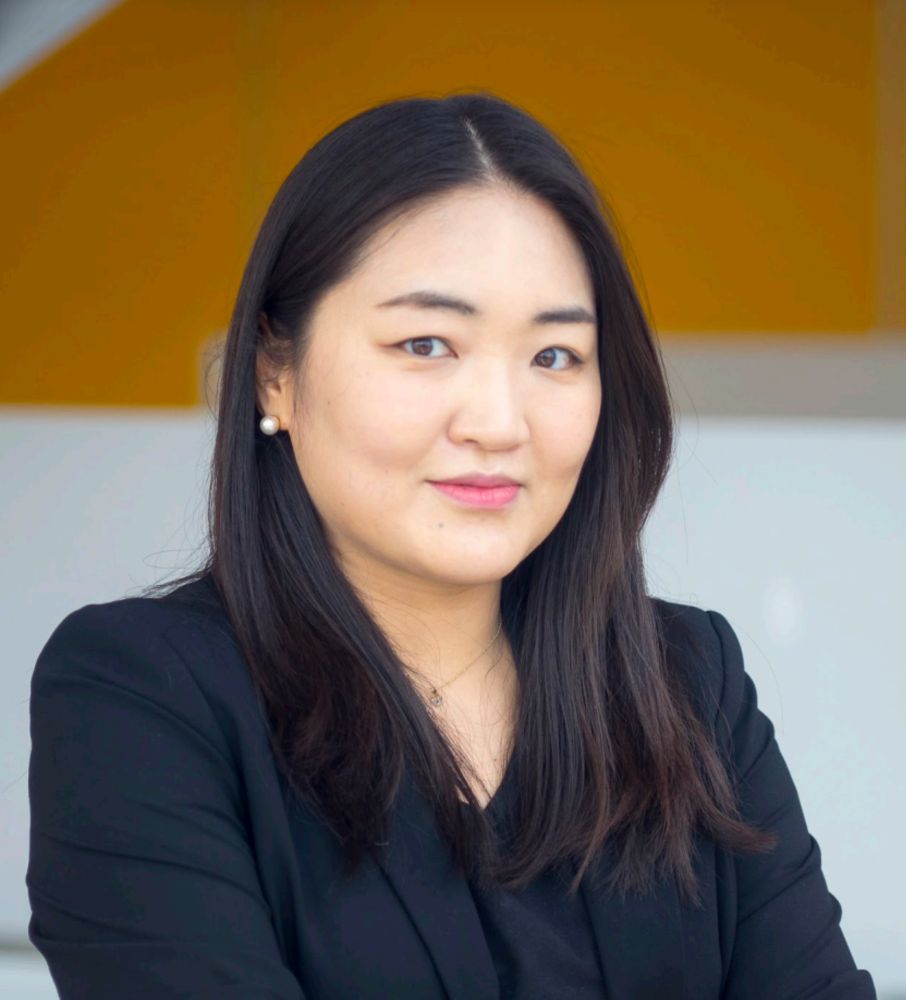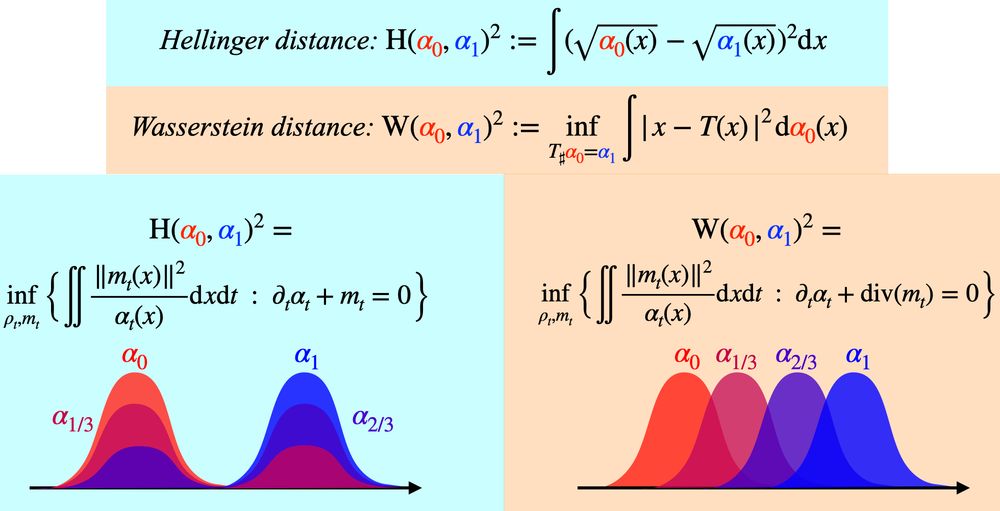Our advocacy is working.
A key Senate committee has indicated that it will reject Trump’s proposed cuts to science agencies including NASA and the NSF.
Keep speaking up and calling your electeds 🗣️🗣️🗣️

Our advocacy is working.
A key Senate committee has indicated that it will reject Trump’s proposed cuts to science agencies including NASA and the NSF.
Keep speaking up and calling your electeds 🗣️🗣️🗣️


www.biorxiv.org/content/10.1...

academicpositions.harvard.edu/postings/14362
academicpositions.harvard.edu/postings/14362
Our answer: They’re two sides of the same coin. We wrote a blog post to show how diffusion models and Gaussian flow matching are equivalent. That’s great: It means you can use them interchangeably.

Our answer: They’re two sides of the same coin. We wrote a blog post to show how diffusion models and Gaussian flow matching are equivalent. That’s great: It means you can use them interchangeably.
arxiv.org/abs/2209.15571
arxiv.org/abs/2303.08797

